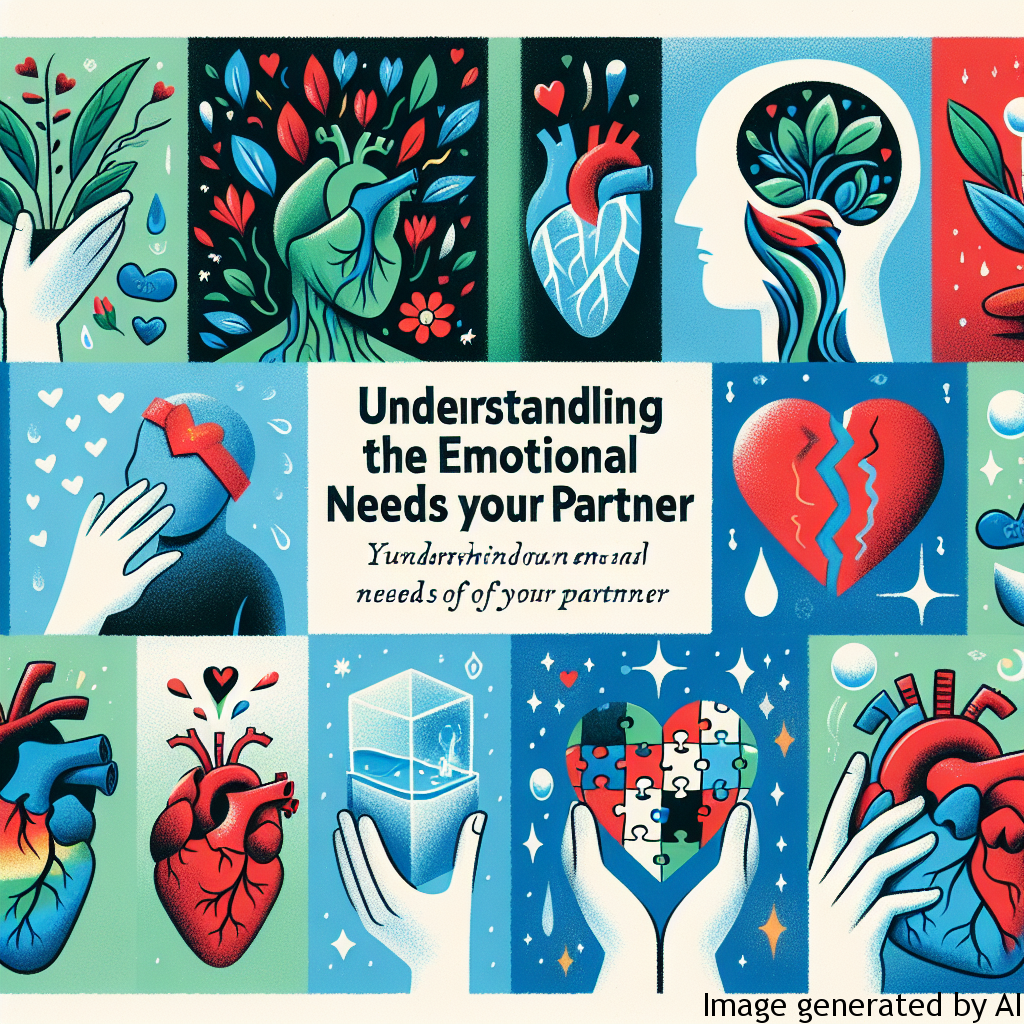Introduction
Understanding your partner’s emotional needs is crucial in building a strong, loving relationship. Emotional needs often stem from an individual’s expectations, experiences, and societal roles. Gender roles and expectations in particular have a significant effect on a person’s emotional health. This article aims to shed light on gender expectations, specifically how they impact men’s psychological health, and suggests ways to nourish and improve emotional well-being in consideration of these roles.
Description of Gender Expectations and Their Impact on Men’s Psychological Health
Understanding Gender Stereotypes
Gender stereotypes are preconceived ideas about how men and women should behave or are expected to behave, based on societal norms. These stereotypes suggest that men are supposed to be strong, independent, and in-control. Moreover, they are depicted as those who hide their feelings and solve problems on their own.
The Impact on Men’s Psychological Health
These societal norms and expectations can have a detrimental effect on men’s psychological health. When men are coerced to suppress their feelings, it can lead to feelings of isolation, maladaptive coping mechanisms, trust issues, anxiety, and depression. These impacts suggest an urgent need to understand and support the emotional needs of men considering their gender roles.
Examples of How Gender Roles Can Affect Men’s Lives
Gender roles often dictate how men should handle their relationships, careers, familial ties, and even their self-image. Men are often pressured to seek high-status jobs, to provide for their families, and maintain an image of stoicism and strength, regardless of their inner emotional state. The failure to meet these expectations can lead to decreased self-esteem, relationship conflicts, and poor mental health.
Tips for Enhancing Psychological Health Considering Gender Roles
1. Encourage Open Communication: Allow your partner to express their feelings and thoughts openly and without judgment. This helps in creating a safe space for them to voice their emotions.
2. Challenge Gender Stereotypes: Encourage your partner to embrace their emotions and confront gender-based stereotypes. They should know that it’s healthy and normal for men to show emotions.
3. Provide Emotional Support: Be there for your partner when they undergo stress or face challenges. Make them feel heard and understood.
4. Seek Professional Help: If your partner is struggling with serious psychological distress, encourage them to seek professional help.
Conclusion
To foster healthy, fulfilling relationships, it’s essential to understand and acknowledge the emotional needs of your partner. By encouraging open communication, challenging gender stereotypes, providing emotional support, and seeking professional help when necessary, you can better cater to the emotional needs of your partner. Remember, emotional well-being is not a destination but a journey that requires constant effort and understanding.

